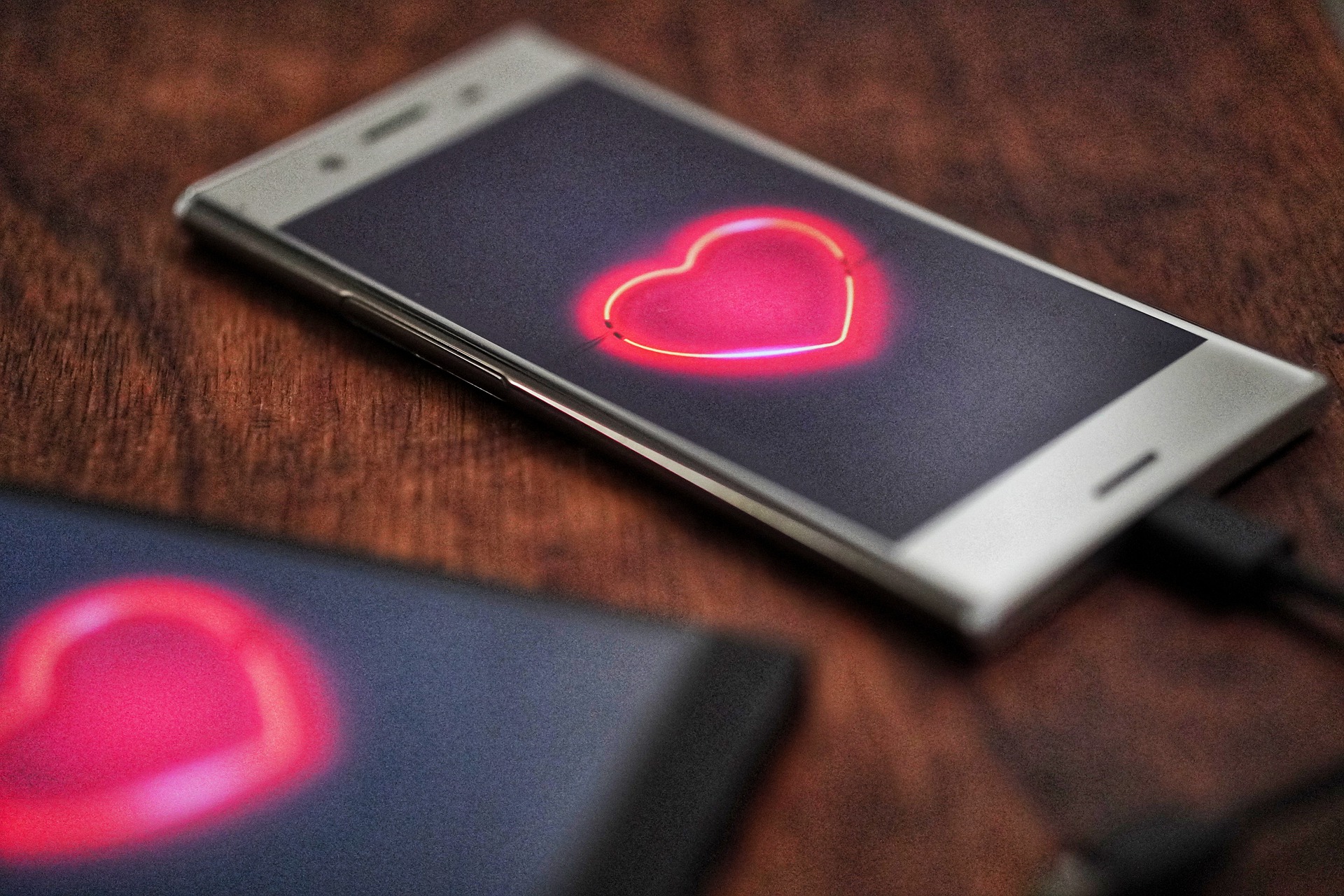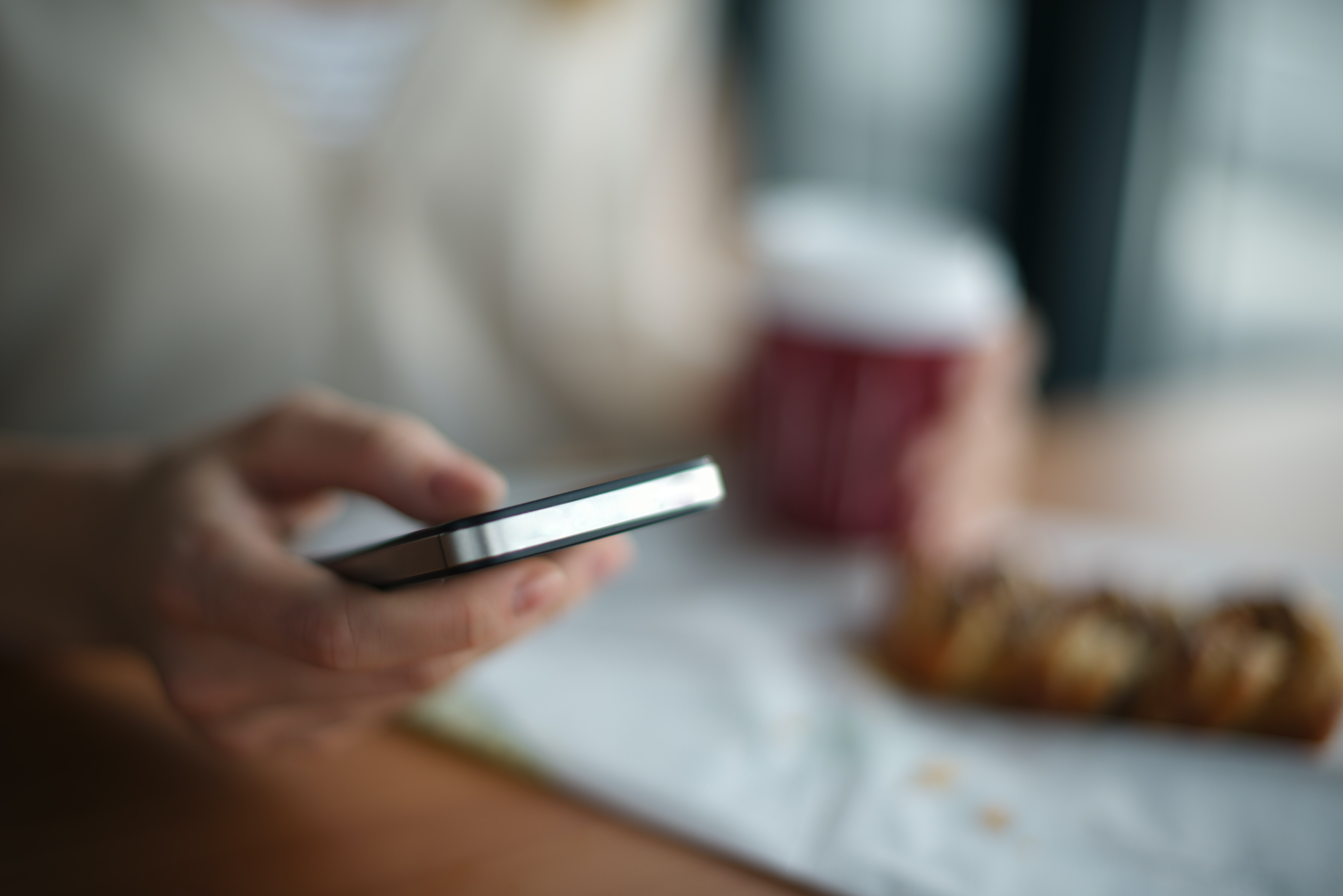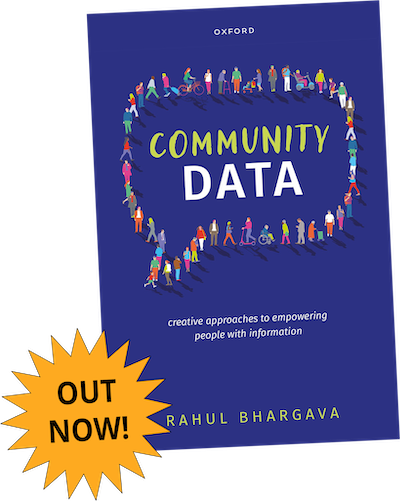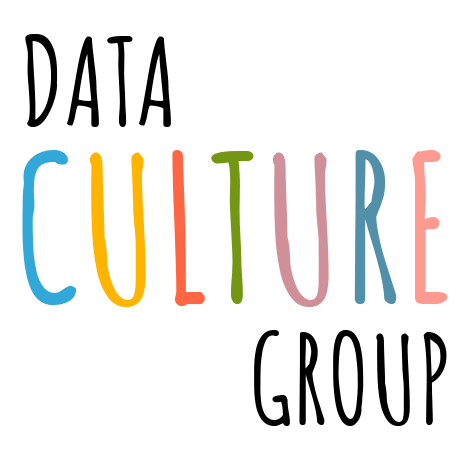We started out investigating media coverage of LGBTQ+-specific data breach issues, yet race and racism are unavoidable. Potential harms from online dating apps are constant, but our attention to these issues should extend far beyond the pandemic.
 Image by amrothman from Pixabay
Image by amrothman from Pixabay
In April 2020, an Instagram influencer encouraged tens of thousands of followers to download queer dating apps to strategically out friends and family in Morocco who may be LGBTQ+. Followers used Facebook groups to then circulate photos of gay men to millions, putting them in danger of threats, evictions, arrest or assault, reported NBC News.
Homosexuality is illegal in at least 70 countries — including Morocco — which is why apps like Grindr have had to implement discrete icons in countries where being LGBTQ+ is dangerous. This danger is not merely international. In the United States and countries where homosexuality is legal, many in the LGBTQ+ community still face risks of harassment, physical harm, discrimination, and employment inequity. Dating apps play a critical role for many in the LGBTQ+ community — especially those who are looking for connection or for members of the LGBTQ+ community who have yet to come out to their network.
The COVID-19 pandemic exacerbates structural inequities and adverse harms to marginalized communities. At the same time, more people are heading online to seek companionship, further driving the online dating trend. This is an important moment to consider the potential dangers of data leakage and harmful dating app design. First-time FaceTime dates and new competitor platforms like “Quarandate” meant companies like Match were pressured to quickly incorporate new features to remain relevant. Within months of pandemic-driven physical distancing guidelines, dating app companies like Match Group and Bumble saw increases in messages exchanged and built-in video call tools to support virtual dating.
Such features can facilitate an individual’s ability to form personal connections in a difficult time. However, it is worth keeping in mind that online dating carries harms, not just for the LGBTQ+ community, but also for communities of color. “Online discrimination has reached epidemic proportions affecting not only Grindr but other social networks,” explained Grindr in a press release. At the height of the Black Lives Matter movement last summer, media articles highlighted how dating apps can exacerbate racism through “ethnicity filters.” In particular, a study from the University of Illinois and the University of Michigan “confirmed that racism on queer dating apps [like Grindr] can have significant negative health impacts on men of color, including depression and feelings of lower self-worth.” While these may not be data breach-related harms like those encountered by the LGBTQ+ community, they still highlight how these apps can intensify racist currents.
As online dating companies implement more data-collection features and users increasingly rely on dating apps, users encounter more types of data aggregation, creating opportunities for unwelcome third-party sharing or rich targets for data breaches and discrimination. Certain app features like “ethnicity filters” can propel racism in our communities, but these harms aren’t unique to pandemic times.
A review of media coverage and research on dating apps and harms to marginalized communities
To further explore this topic, we conducted a media analysis to help us understand what issues related to dating apps are driving current conversations. Using the open source Media Cloud platform, we identified nearly 21,000 stories about online dating in U.S.-based media sources published between Jan. 2019 and July 2020. We then analyzed these stories to understand patterns in coverage, including the broad trends that drive coverage of dating apps, the apps that get the most media attention, and the ways in which race, ethnicity and LGBTQ+ discourse about online dating are characterized. Ultimately, the project serves to highlight how a steady stream of media coverage on online dating may help focus public attention on the dating app harms faced by marginalized communities.
Overall, Tinder and Bumble drove popular media coverage of dating apps in the United States. Grindr emerged as the most popular LGBTQ+-focused app in news coverage. For all apps, coverage ranged from positive to negative headlines depending on the story. Over a year and a half, the news stories we analyzed were largely driven by three key themes: Valentine’s Day, potential regulation in the online dating space, and COVID-19 (as people began to turn to online dating as a way to date and maintain physical distance).
We began our research with a focus on dating apps and LGBTQ+-related harms — but quickly found these app-related harms are inextricably linked to issues of race and racism.
In general, data breaches and privacy concerns are now a way of life for people the world over. The concern is not specific to online dating apps. That said, dating apps ask for personal information to facilitate personal connections. We began our project by exploring media coverage of LGBTQ+-specific data breach issues, because privacy-related online dating concerns particularly important to members of the LGBTQ+ community. Yet, the more we found, the more we realized that privacy and security issues on dating apps are inextricably linked to issues of race and racism. Harms that any given community may face through its use of dating apps are unique to the social identity of that community. In our examination of dating app coverage about race and the LGBTQ+ community, we found that media coverage of race centers on the design of dating app features — such as Grindr’s race filter — and that coverage of LGBTQ+ communities focuses on data breaches.
Increasing reliance on dating apps highlights rampant third-party data sharing, hate crimes, and design features that can exacerbate racism.
COVID-19 has forced people to be increasingly reliant on online apps for social interaction. For those people seeking relationships at this time, their choices for meeting new people are often constrained to virtual spaces. “What has changed with the pandemic is that it’s more difficult to opt out,” Ailo Krogh Ravna, policy advisor and lead researcher on a Jan. 2020 study of online dating for the Norweigan Consumer Council (NCC) said to us. “People are more likely to accept data tracking in a crisis, putting information like your sexual identity at risk of being exploited.”
Third party data sharing is rampant in data-collecting apps. This isn’t an issue specific to online dating apps, but is increasingly important to highlight with apps that collect information such as sensitive conversations and dating preferences. Roughly six-in-ten online daters in the U.S. are concerned about data collection, the Pew Research Center reported. The Jan. 2020 NCC report highlighted egregiously complex privacy policies that made it impossible for users to give informed consent to excessive tracking and data sharing with potentially hundreds of third party organizations. The NCC report also identified 10 different data-collecting apps (including Tinder, OkCupid, Happn, and Grindr), which together shared data with at least 135 unique third-parties. Some of these third-parties were involved in advertising and/or behavioral profiling. They also reserve the right to share information with other companies. This means consumers cannot give informed consent to the excessive tracking, sharing, and profiling that pervades the advertising industry. Apple has very recently taken some steps to increase transparency of these privacy practices with their new “App Store Privacy Labels,” much to the displeasure of larger data-collection practitioners.
Dating apps can be used to fuel LGBTQ+ hate crimes. Malicious use of dating apps like Grindr may lead to specific LGBTQ+ hate crimes, putting people in physical danger. A July report released by Recorded Future highlighted a range of cyber threats and security risks associated with popular queer dating apps like Grindr, Her, and Scruff. The findings suggest that most apps are not doing enough to protect users.
Companies are starting to worry about racism in their dating apps. Following the outcry last summer during the Black Lives Matter movement, Grindr said they would delete their ethnicity filter, but Grindr users have reported that racism is still a problem on the app. In our research, we observed news coverage of online dating using the term sexual racism, “a specific form of racial prejudice enacted in the context of sex or romance.” This practice can “reinforce racial divisions and biases,” explained Cornell researchers. Furthermore, dating apps like Promatch, Aisle, and TrulyMadly “to a degree rely on LinkedIn profiles in their algorithms,” Glamour reports, suggesting yet another avenue for race-based concerns to play out. Research has also shown that job opportunities and race are inextricably linked.
 Image by Andrej Lišakov from Unsplash
Image by Andrej Lišakov from Unsplash
Dating app-related harms to LGBTQ+ communities and people of color are not one-off, rare instances.
We found a steady stream of stories about app-related harms that does not ebb and flow; rather, the consistency of such harm-related coverage over time suggests that these harms may be a constant issue that only rises to national and international prominence during high-visibility cases like the example in Morocco. Looking at media coverage of Grindr alone in 2020, we found stories about harassment and stalking, unique security risks, inadequate data protections, and racist comments during the COVID-19 pandemic. Grindr, just like any other dating app, is a technology that can be used to develop personal connections in a time of social isolation as much as it may be used to exploit personal information.
“LGBTQ+ people are not any less vigilant than the rest of the population using social media or browsing the internet; it’s that they are just more vulnerable to malicious attacks for the simple fact that they exist,” Gary Goldman, Senior Program Director of Out in Tech, told us. Kelvin LaGarde of Columbus, Ohio who experienced racial discrimination on Grindr and other dating apps shared to NBC News that such change can only be effected through larger cultural changes. “The serious work that needs to be done has to be taken on by the various different communities across the nation,” LaGarde said.
Of course, there have been efforts to chip away at this systemic challenge. “We often learn about these things when it’s too late,” Goldman told us. “Resources like Safe Queers, an initiative of Out in Tech and African Queer Youth Initiative can provide open-source tools to help LGBTQ+ members communicate safely and anonymously on dating apps and to encrypt their information — especially as more people rely on these apps for social interaction.” In parallel, the law should not promote the development of dating apps that are unsafe by design, a core tenet explained in the New York Times by Ari Ezra Waldman, professor of law at New York Law School. For example, Scruff, a dating app for LGBTQ+ members, created features to obscure location, allow users to be on stealth mode, and requires iOS touch ID when launching the app. It even has a global support team to respond to potential harms within 24 hours.
This report is intended to further conversations about dating apps, their potential harms and benefits, and our understanding of their role in society. News coverage has amplified the more egregious harms faced by users of these apps. This research reminds us of those communities who face the most risk from data-collection technologies and that we need to do much more to protect them. While we continue to further rely on apps to keep us connected, emphasizing the protection of the digital lives and personal information of marginalized communities should far exceed the length of the pandemic.



